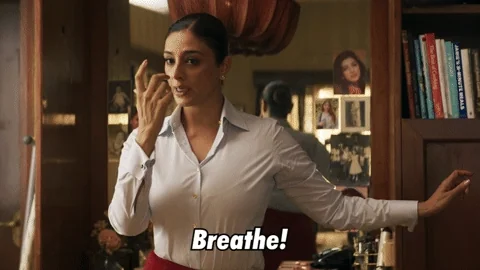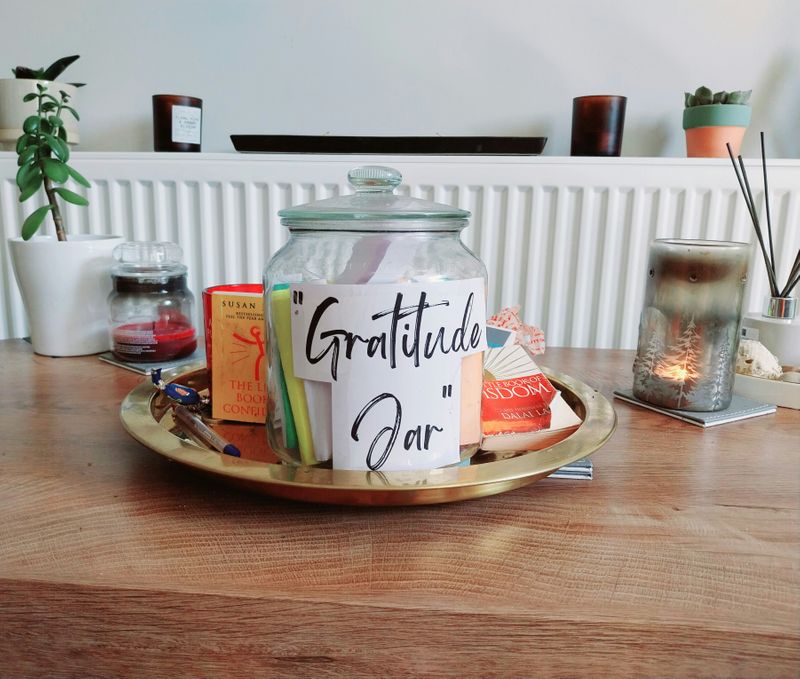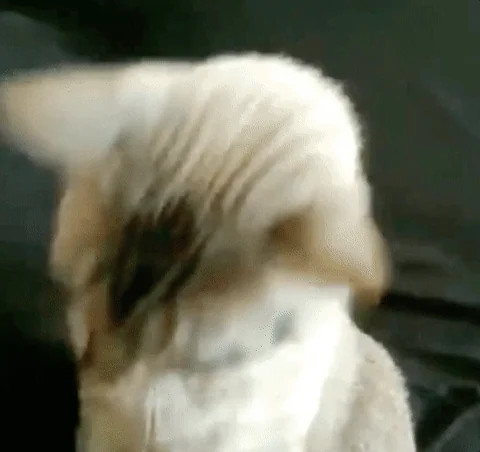Take a few seconds to think about how this man must be feeling at work.

I'll bet you say...stressed.
We've all been there. When tasks get challenging at work, we sometimes go into autopilot mode. We may lose awareness of what we are doing or how it affects us. In other words, we become mindless.
The good news? We can tackle challenging work tasks with three simple mindfulness exercises. These are easy practices that cultivate present awareness, helping your mind slow down, boost focus, and ultimately improve your work quality and health.
Ready? Let's go!
Mindfulness Exercise 1: One-Minute Breathing Reset
Imagine...
You've been in long, back-to-back meetings all morning. Each of them has left you with a laundry list of tasks. Your mind is foggy, and you don't know what task to tackle first.
It's time for the one-minute breathing reset.
Why?
This mindfulness exercise helps calm your nervous system and slow your heart rate. It allows a minute to reboot your brain. It can be especially beneficial if you work in a fast-paced environment, often jumping from one task to another.

How do I reset with one minute of breathing?
Close your eyes or soften your gaze.
Inhale slowly for four counts, hold for 2, exhale for 6.
Repeat for 3–5 cycles.
When you're feeling more centred, review your to-do list and get down to the most critical task.
Here are some tips to help you stay consistent with this mindfulness exercise:
Set a reminder for yourself (on your phone, Google Calendar, etc).
If a guided practice is more your thing, check out this 1-minute breathing guide.
Mindfulness Exercise 2: The STOP Technique
Imagine...
You have a high-pressure conversation with a client coming up. Your team has been a little late delivering something that was supposed to have been sent over yesterday.
You need to manage the client's expectations and strategically suggest next steps. Your mind is racing with loads of negative thoughts and concerns.
Enter the STOP technique to the rescue!
Why?
Because you literally need to STOP to be able to think things through. Our brain is wired to visualize many competing scenarios and thoughts, as if a monkey were dancing around in there. Worst still, stress may cloud your judgment, leading to poor decision-making.

This mindfulness exercise can help in situations like when you need to weigh different perspectives, diffuse tension, strategize on a big project, or answer job interview questions.
How do I STOP?
S: Stop what you're doing. Your racing mind is playing tricks on you. Stop it in its tracks.
T: Take a slow, deep breath (I usually do 3 counts).
O: Observe your thoughts, feelings, and body sensations. Notice and acknowledge them without judgment or attachment. Think of them as floating clouds in the sky.
P: Proceed with more awareness — and take it one step at a time.
Quiz
In which scenarios could the STOP technique help? Select all scenarios that apply:
Technique 3: Gratitude Micro-Moment
Imagine...
It's 4.45 pm, and you're on the last section of a massive report you were assigned. You NEED to send it to your boss within 15 minutes. You ask your colleague to help you by proofreading the report as you're completing it.
10 minutes left. Almost there. Time to streamline the formatting.
5 minutes left. All done! It's time to type up the email.
3 minutes left. Attach report.. and SEND!
It's the perfect time for a gratitude micro-moment.
Why?
This technique shifts your mind from stress mode to gratitude mode.Doing this mindfulness exercise intentionally has the power to act as an antidote to stress, helping you feel more upbeat, relaxed, and energized to come back stronger the next day.
 Photo by Mark Casey on Unsplash
Photo by Mark Casey on UnsplashHow do I practice gratitude in a micro-moment?
Rather than thinking about what you haven't achieved, think about what you have achieved, the ways it went well, and the people or events that you're thankful for.
Here are some ideas to make a habit of this mindfulness exercise:
As you're packing up at the end of the day, think of three things from your day that you're grateful for.
Looking for a place to note them down? Keep a gratitude journal or jar at your desk. Or check out the Three Good Things and Happyfeed apps.
Looking for some social accountability? Make it a buddy activity with a trusted colleague!
Quiz
Imagine you're tasked with working on the end-of-quarter report for your team. You've brainstormed the broad outline with a trusted colleague, although some elements need more refinement. What could you be grateful for? Select all thoughts that apply:
Take Action
There you have it — three simple and straightforward mindfulness exercises to manage stress as you work on job tasks.

Time to put things into practice! Aim to:
Your feedback matters to us.
This Byte helped me better understand the topic.
